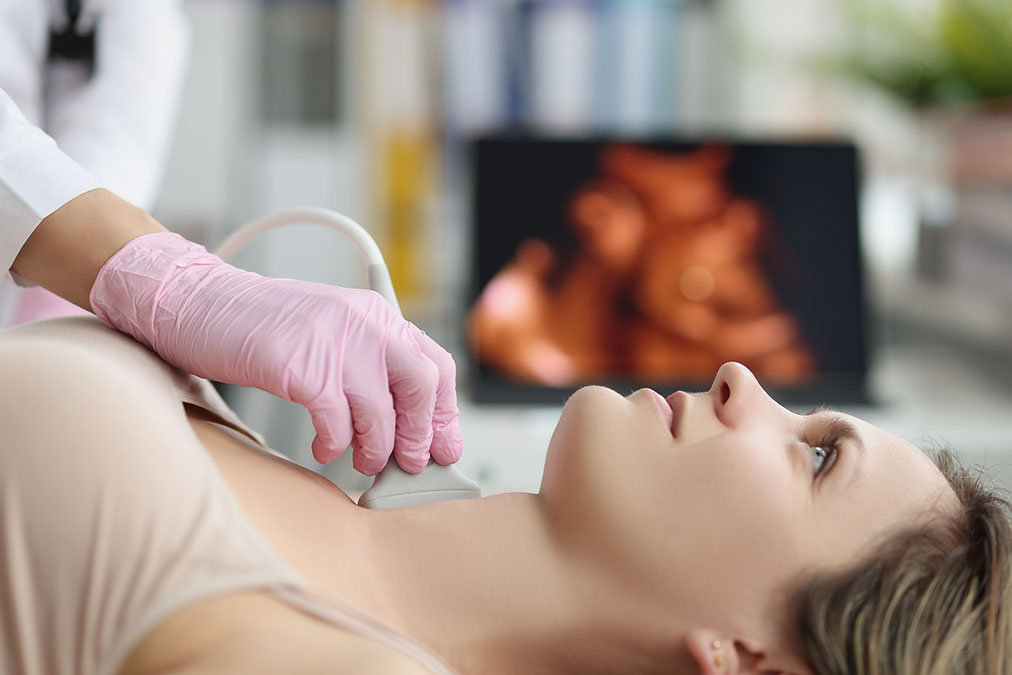 Levothyroxine, a drug used to treat hypothyroidism, is prescribed for 23 million Americans every year.
Levothyroxine, a drug used to treat hypothyroidism, is prescribed for 23 million Americans every year.
In Clinical Chemistry, a Yale scientist warns that up to 90% of it might be completely unnecessary and based on a common cause of misdiagnosis.
When more than 10% of a country’s adult population is put on a drug, scientists tend to be concerned. This is the fact that stimulated the recent scientific letter.
Joe M. El-Khoury, a chemist at Yale, thinks that most hypothyroidism cases are misdiagnosed based on seasonal variations in one of the hormones tested.
He referenced a Japanese study involving more than 7,000 healthy individuals that demonstrated that levels of thyroid-stimulating hormone (TSH) varied significantly throughout the year.
The study, published in the Journal of the Endocrine Society in 2022, showed that TSH levels peaked during the winter (January to February) and dipped to their lowest in the summer (June to August).
Meanwhile, free thyroxine (FT4) levels remained relatively constant throughout the year.
When TSH tests high and thyroxine tests normal, doctors assume that a patient has subclinical hypothyroidism. They take it as a sign that the thyroid is underactive and needs a lot of stimulation to be able to produce its hormones.
However, if it is true that TSH is naturally high during the winter, then everyone diagnosed during those months is incorrectly assumed to have an underactive thyroid and is actually healthy.
El-Khoury pointed out that the standard reference ranges used by laboratories do not account for these seasonal fluctuations, leading to unnecessary prescriptions of levothyroxine for healthy individuals. Overmedication, especially in older people, can cause great harm.
A US study conducted in 2021 found that 90% of these prescriptions were unnecessary, and El-Khoury believes that this seasonal TSH variation could explain up to half of the unnecessary prescriptions.
In fact, apart from seasonal variation, studies suggest that there are other factors, such as pregnancy status, co-existing health conditions, age, and even certain medications or supplements, that can affect whether TSH tests high or normal.
The risks of taking too much levothyroxine are significant. It can increase one’s heart rate and blood pressure, raise one’s body temperature, and ruin one’s sleep. In addition, it causes depression, anxiety, diarrhea, fatigue, and weight loss.
These are major health problems for a relatively healthy adult, but some of them can be deadly in a person who is unhealthy or elderly.
Therefore, don’t let your doctor talk you into a hypothyroidism diagnosis that might not be accurate, and keep the serious side effects of the drug in mind before you receive an unnecessary prescription.
If you do have hypothyroidism, it’s easy to heal it naturally using the simple steps explained here…

 Overcoming IBD
Overcoming IBD Multiple Sclerosis
Multiple Sclerosis Banishing Bronchitis
Banishing Bronchitis Gum Disease Gone
Gum Disease Gone Overcoming Onychomycosis
Overcoming Onychomycosis Neuropathy No More
Neuropathy No More The Prostate Protocol
The Prostate Protocol Brain Booster
Brain Booster
 Ironbound
Ironbound
 Solution for Shingles
Solution for Shingles
 The Bone Density Solution
The Bone Density Solution
 The Ultimate Healing Protocol
The Ultimate Healing Protocol
 The Parkinson's Protocol
The Parkinson's Protocol
 The Chronic Kidney Disease Solution
The Chronic Kidney Disease Solution
 Overthrowing Anxiety
Overthrowing Anxiety The Fatty Liver Solution
The Fatty Liver Solution The Hypothyroidism Solution
The Hypothyroidism Solution
 The End of Gout
The End of Gout The Blood Pressure Program
The Blood Pressure Program
 The Oxigized Cholesterol Strategy
The Oxigized Cholesterol Strategy
 Stop Snoring And Sleep Apnea Program
Stop Snoring And Sleep Apnea Program
 The Arthritis Strategy
The Arthritis Strategy The Vertigo & Dizziness Program
The Vertigo & Dizziness Program The 3-Step Diabetes Strategy
The 3-Step Diabetes Strategy Hemorrhoids Healing Protocol
Hemorrhoids Healing Protocol The Erectile Dysfunction Master
The Erectile Dysfunction Master Weight Loss Breeze
Weight Loss Breeze The IBS Program
The IBS Program The Insomnia Program
The Insomnia Program The Migraine and Headache Program
The Migraine and Headache Program The Neck Pain Solution
The Neck Pain Solution The Menopause Solution
The Menopause Solution The Ejaculation Master
The Ejaculation Master The TMJ Solution
The TMJ Solution The Acid Reflux Solution
The Acid Reflux Solution The Fibromyalgia Solution
The Fibromyalgia Solution The Psoriasis Strategy
The Psoriasis Strategy